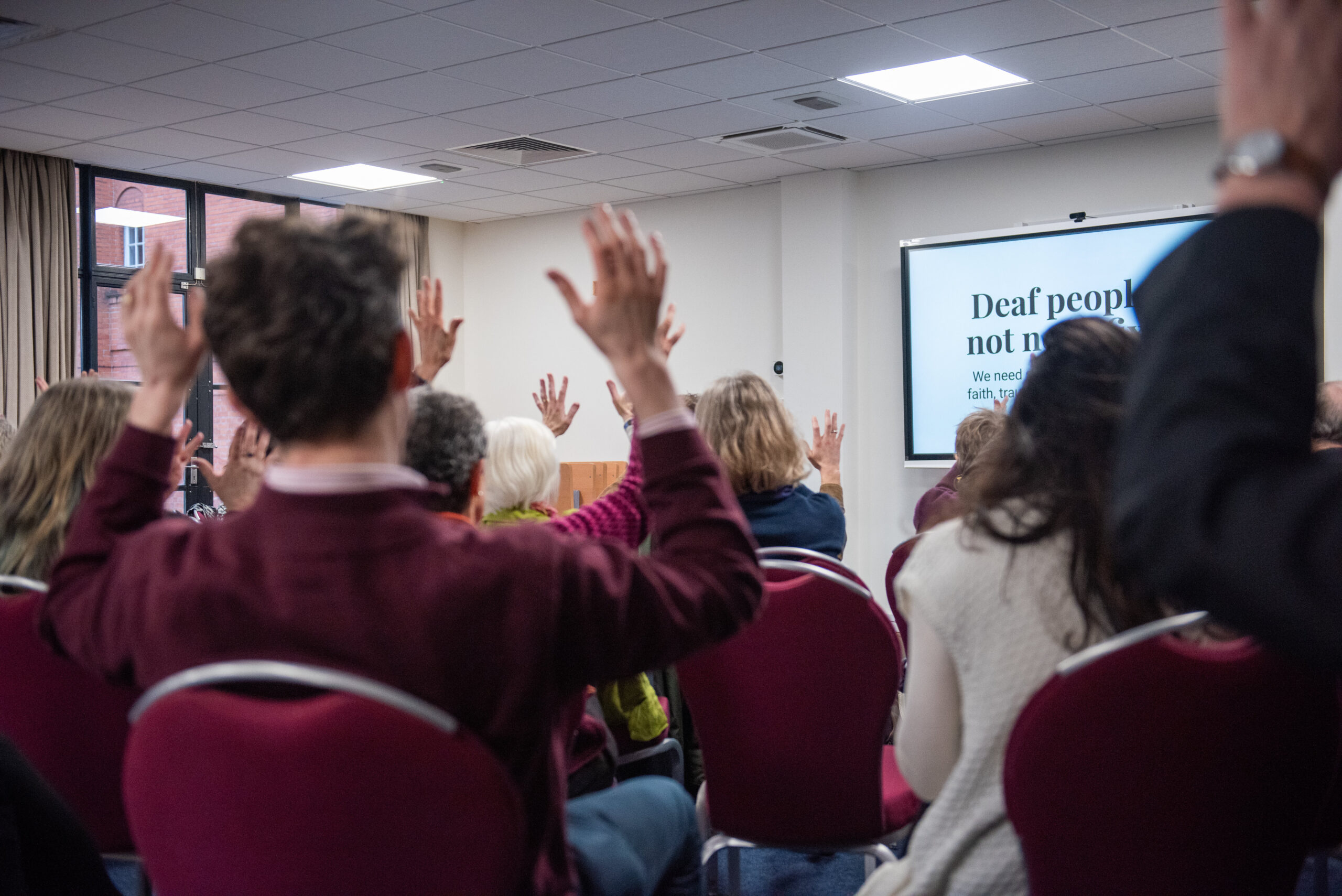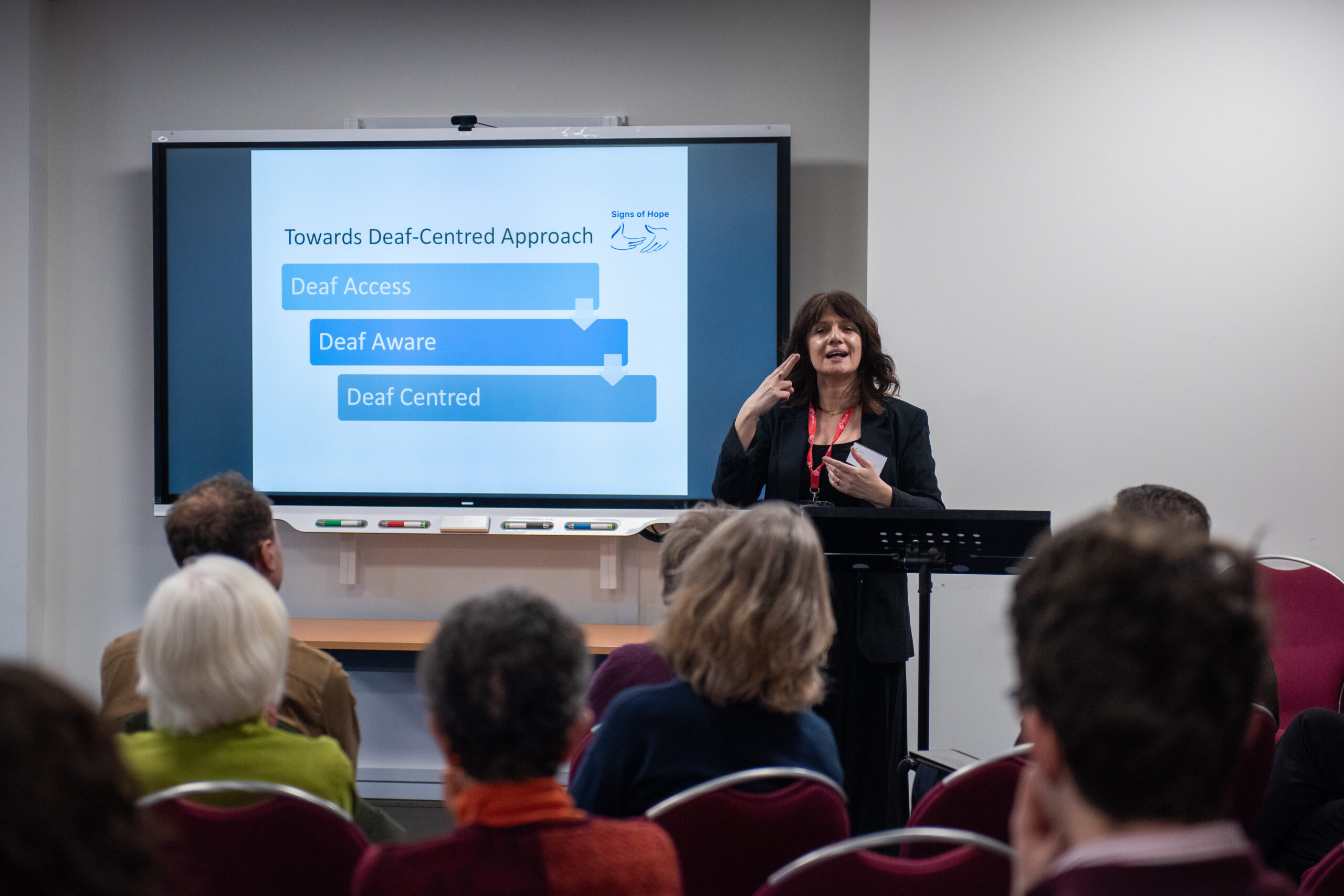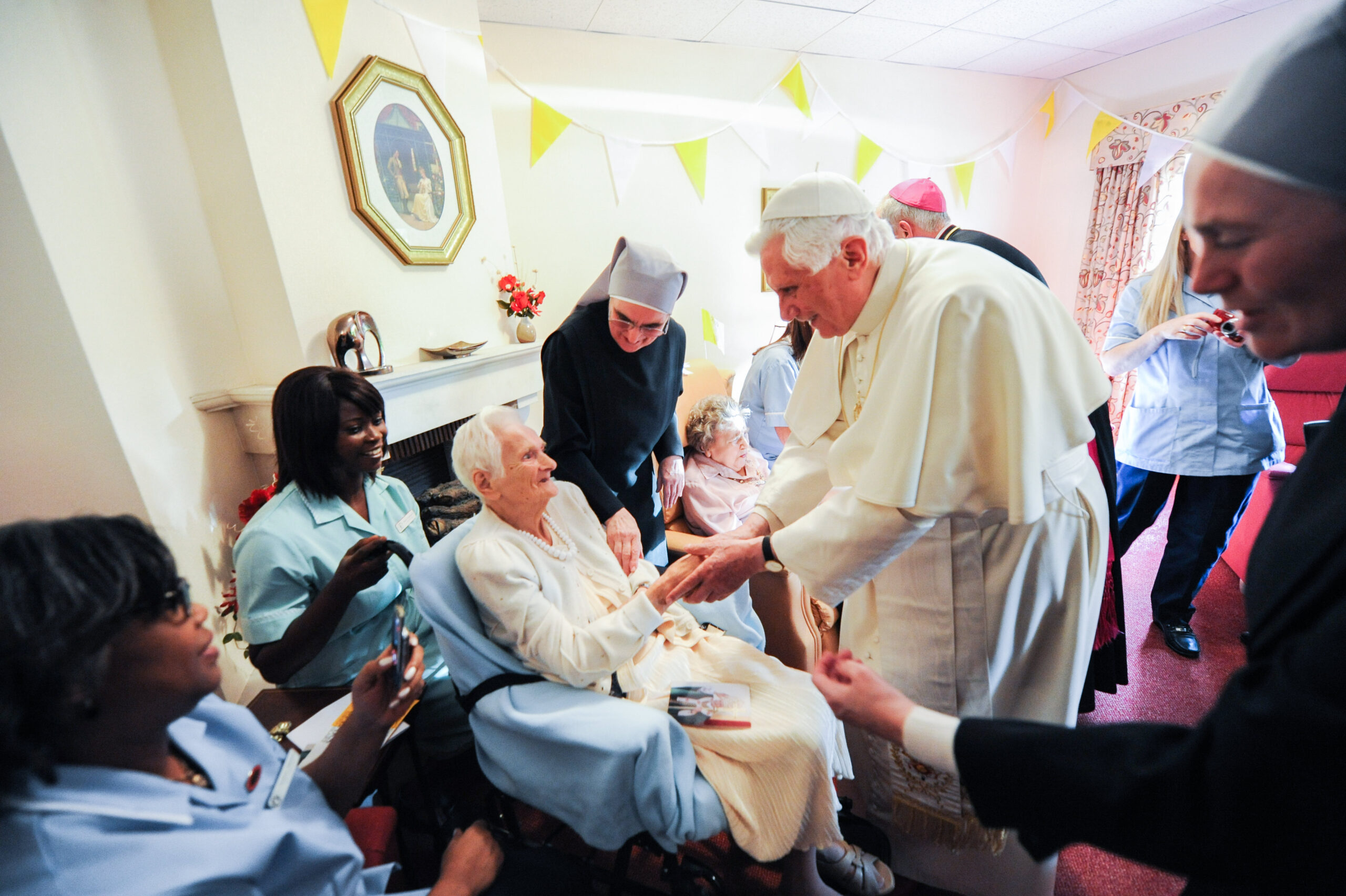In the spirit of Christian Solidarity, Caritas Westminster echoes the remarks in the statement issued earlier this week by Caritas Social Action Network (CSAN) of which Caritas Westminster is a member. Underpinned by the principles of Catholic Social Teaching we strive for a fairer and a more just society for all people. When we are able we will amplify the voices of the people who come to us for support. It is our role to tell their story.
We were relieved to hear in the Autumn Statement on Thursday 17th November, that the Chancellor has now listened to calls from across the faith sector to provide for people experiencing poverty, rather than focus on tax breaks for wealthy people. The support for next year, including the uprating of benefits in line with inflation, the increase to the minimum wage, and the one-off cost-of-living payments worth up to £1,350, are welcome. Our food banks are grateful that they will also be able to pass on some benefit from the increase in the Household Support Fund, when this comes through in April 2023.
However, at a time when our churches and schools are opening up warm spaces and food banks are getting busier, we are extremely concerned about how people are going to get through the winter months and the financial pressures of Christmas. We join CSAN and its members to call on the government to uprate benefits in line with inflation immediately.
Caritas Westminster provides direct relief through supermarket vouchers issued through parishes and schools, and works alongside parish and school projects that provide food, shelter, friendship and wrap around support to people going through tough times. In our latest quarterly survey, with data collected from 56 projects supporting 5,674 people each week across the Diocese of Westminster, 55.3% reported that over the last six months, their guests were increasingly not able to afford enough food, 41% reported that they were also witnessing a growing issue of people not able to pay utility bills. Last Monday, one shopper at Borehamwood Foodbank arrived with cold hands, she explained that the children were at school, so the heating was off. When we offered her gloves she declined – ‘as long as the kids are warm its ok’.
When asked about the autumn statement, Julian Milner, a trustee at Borehamwood Foodbank which provides direct food relief, fuel cards and resilience support to 140 people every month said ‘certainly the rise in benefits and pensions will help clients. The question will be as always, ‘Is it enough?’ He expects not, ‘given the very steep rises in inflation and energy costs.’ He believes that support offered by the foodbank, ‘will be needed more than ever for both food and fuel support.’
People were already financially stretched, and struggling to get by as a result of the disruption to work and lives due to the pandemic. There is nothing for them to draw on to meet the increasing costs to keep their homes warm and to feed themselves and their children. There is no buffer to help against any further income shocks. People are choosing to keep the heating off because they cannot afford the bills.
One school in our network that runs a Food Pantry has been supporting a single parent with two children, who ‘had to take a prolonged period off work due to an accident her child had. She was on a zero-hours contract so had no money coming in during this time.’
Another mother ‘has a good job, full time, but her husband died suddenly meaning she has to pay mortgage/bills and look after two children from one salary rather than two. During the petrol price hike, she opted to visit [the] Pantry once a month and stock up on food, rather than weekly, in order to save petrol.’
The problem is widening and affecting more people. At one parish-based food bank, where they are seeing numbers rising, they have noticed that the demographic of people accessing the food bank is changing too. There are many more people who are in work, and those who we may have thought as reasonably well off.
One foodbank volunteer spoke about a person in a wheel chair who usually came with their carer. When asked where their carer was – she was found to be in the queue collecting her own food bank shopping. School food banks also report that staff from the school are using their food bank.
A school reports that most of the ‘families who receive vouchers are working, but the cost of living rise is impacting them and I am noticing they are taking more food from the Pantry when they visit each week. We also have three families where the parent cannot work as they are a carer for another parent or a child.’
When we asked social action projects what were the key issues amongst those they support, 53.6%, reported it as being low income. 48% of households receiving Caritas Supermarket Vouchers are in low paid work.
It is in listening to these stories that we also ask the government to bring forward the increase to the minimum wage and the one-off cost of living payments, to support people over the winter.
We encourage the Catholic Community in the Diocese of Westminster to join other Catholics from around the country, to write to their MP to ask for immediate action to help individuals and families over the difficult winter months ahead, to describe the poverty in their community and to share the good news of what the Catholic community is doing to meet this urgent need.
CSAN’s response to the Autumn Statement can be found here.
CSAN’s latest statement on the Cost of LIving Crisis can be found here – along with a template letter you can send to your MP.
Find out more about Caritas Westminster’s response to the Cost of Living Crisis
Read about our “Firm Foundations in a Cost of Living Crisis” conference.




